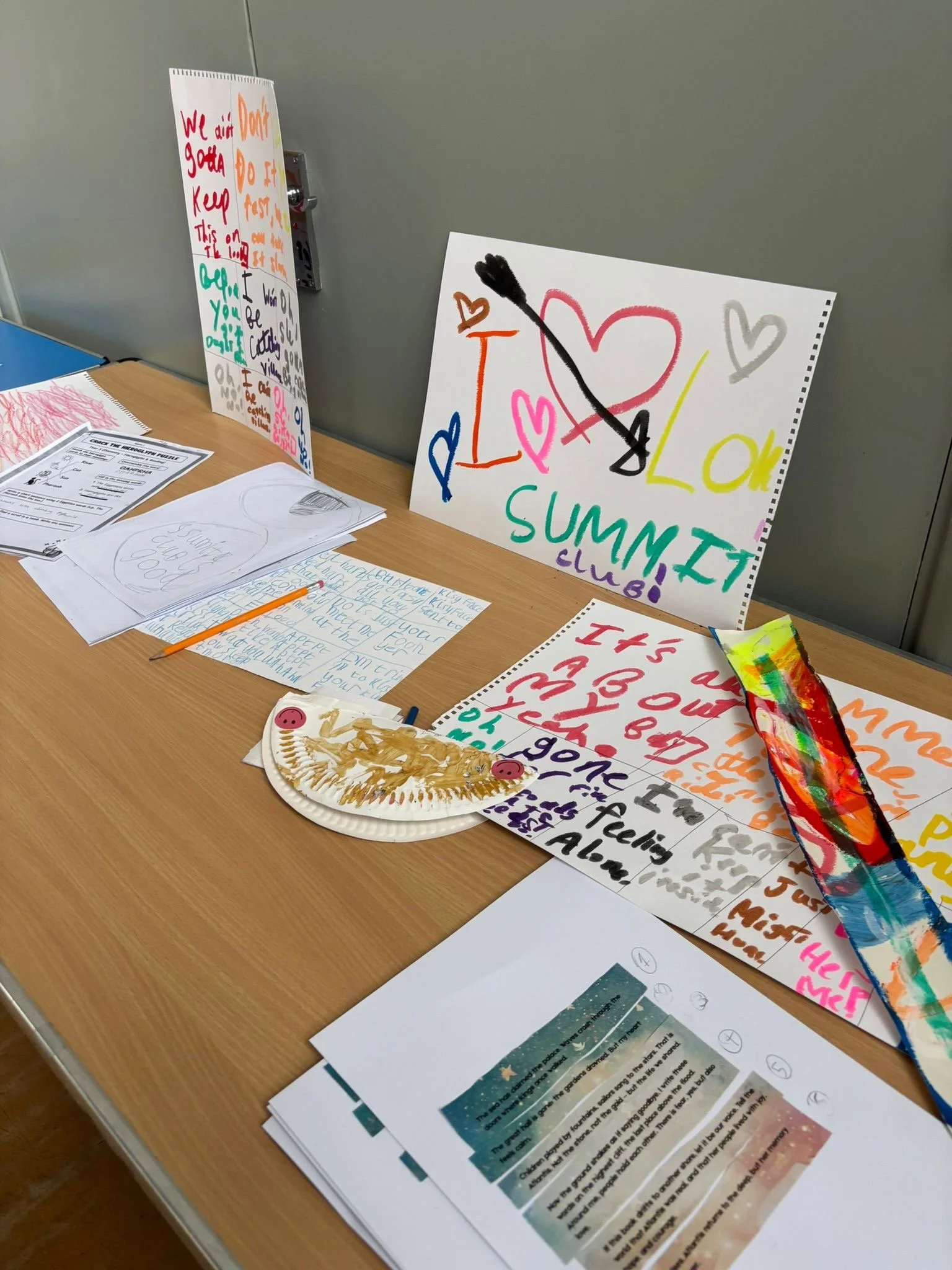How to motivate yourself to study: 5 science-based tips
You know you need to study to do better at school, but how do you motivate yourself to revise?
We’ve all been there. You’ve woken up, eaten breakfast, scrolled through your notifications, delayed for as long as possible and then finally sat down to study. But, now you’re at your desk, you just can’t focus on the task at hand. You know you’re not ready for your exams, but you just can’t concentrate. Your mind says yes, and your body says no.
But the problem isn’t you, the problem is probably your routine. With the right routine, you can re-wire your brain, up your energy and make it far easier for you to stay motivated while studying.
If you’re having to wrestle with your own attention-span just to focus on your revision, follow these 5 science-backed tips:
1. Get some daylight
Our bodies are designed to respond to daylight, and if you shut yourself away in a room and try to force yourself to revise, you’re fighting against your own nature. The resulting fatigue and brain fog this causes makes it even harder to focus on studying.
Instead, to maintain effective study motivation, you need to make sure you’re exposing yourself to enough natural daylight.
There are 3 big study benefits of daylight:
It wakes up your brain in the morning
It helps you maintain sharper concentration throughout the day
It makes it easier for you to fall asleep at night
First thing in the morning, try stepping out for a walk around the park. By the time you return home, eat breakfast and get ready, your mind will be in top gear and ready to focus.
Work near a window and you’re more likely to be able to keep that concentration going during the day.
Then, when it comes to bedtime, you’ll naturally feel more tired, and get a much-needed full night’s sleep before your next study day.
2. Plan your breaks
Taking short breaks is proven to dramatically increase our ability to focus. But, that doesn't mean stopping every 5 minutes to play a game is going to help you stay motivated.
Instead, the best way to approach your study days is to plan timed study sessions and breaks.
A well-researched way of approaching this is The Pomodoro Technique, involving 25 minute work sessions, followed by 5 minute breaks. After four of these cycles, the technique suggests a longer break of up to half an hour.
Plan out your day into these timed study sessions and breaks, stick to that plan, and you'll find you are far less prone to becoming distracted.
3. Don't multi-task
One of the most common reasons students struggle to focus on the task at hand is that they’re trying to do too many things at once. When you don’t want to study, it’s far too easy to get distracted and multi-task.
We’re all guilty of doing this from time to time. We daydream about the weekend while copying out information from our class notes, we glance at our phone every time we get a notification, and we respond to our friends’ messages the instance they arrive.
But, the fact is that all of this multi-tasking is distracting you and it’s making you less efficient. According to a Stanford study, students who regularly multi-task “do not pay attention, control their memory or switch from one job to another as well as those who prefer to complete one task at a time”.
There’s two key conclusions you should take from this:
Don’t try to study more than one thing at a time, because it will distract you and make you less efficient at taking in information.
Turn off your phone notifications and don’t check your messages until you’re in a pre-scheduled break.
Keep yourself on track, and you’ll find it far easier to stay motivated. You might think you’re pretty good at swiping through your friends’ Snapchat stories while you’re resolving equations, but the truth is that you’re dividing your attention and wasting your own study time.
4. Eat right
There are a number of food groups which have been found to increase our brain power and help maintain concentration. You need your brain to be at peak performance when you’re revising, and eating the right foods can help.
The important thing is to maintain a balanced diet. If you're snacking throughout the day on convenient fast foods, it's unlikely that you're getting the nutrition your brain needs. Instead, try your best to choose home-cooked meals with a balance of all the food groups you need.
Also, when you need to stay focused throughout the day, try not to over-indulge on the sweet stuff. Aside from the famous “sugar-low” you’re likely to experience after eating too much sugary food, excessive sugar has also been found to reduce your attention span and affect your short-term memory.
A friend once told me that the only way they got through their revision sessions was by buying a selection of their favourite chocolate bars, lining them up, and eating one whenever they finished one of their study sessions.
While that might have seemed like a genius way to keep motivated, all that sugar meant they probably weren’t as productive as they thought they were being.
5. Exercise to take a break
Exercise has been scientifically-proven to boost concentration, sharpen memory and increase creativity.
When you’ve reached the end of one of your scheduled study-sessions, do some exercise to take a break. There are plenty of different activities you can try:
Walking
Running
Cycling
Yoga
Sport
Aerobics
Swimming
As long as you’re doing something which gets you away from your desk and raises your heart-rate, the science suggests that will have a positive impact on your study skills.
But, that doesn’t mean you need to exercise until you’re physically exhausted. Multiple short exercise sessions throughout the day are likely the best strategy. According to this study, two 20 minute bouts of exercise either side of a 90 minute study session provided the best results.
Don’t fight against your own nature
When you have an exam or deadline coming up, it’s tempting to try and shut out all distractions, chain yourself to your desk, and try to will yourself into a studying machine. But, you’re just not built to function that way.
Try your best to include our tips into your day-to-day, experiment and see what works best for you. By creating a routine that works with your body, rather than against it, achieving study motivation becomes a far easier task.
Need more revision help? Try reading our blog post on our Top 10 memory tricks for revision.
Still struggling with study motivation? You might benefit from hiring a tutor. Follow the link below to find out more:










Do you struggle with time management, often thinking to yourself that there just aren’t enough hours in the day?
Thankfully, technology is here to save the day, as there are numerous apps you can download to increase your productivity, check things off your to-do list, and generally be more organized and efficient.